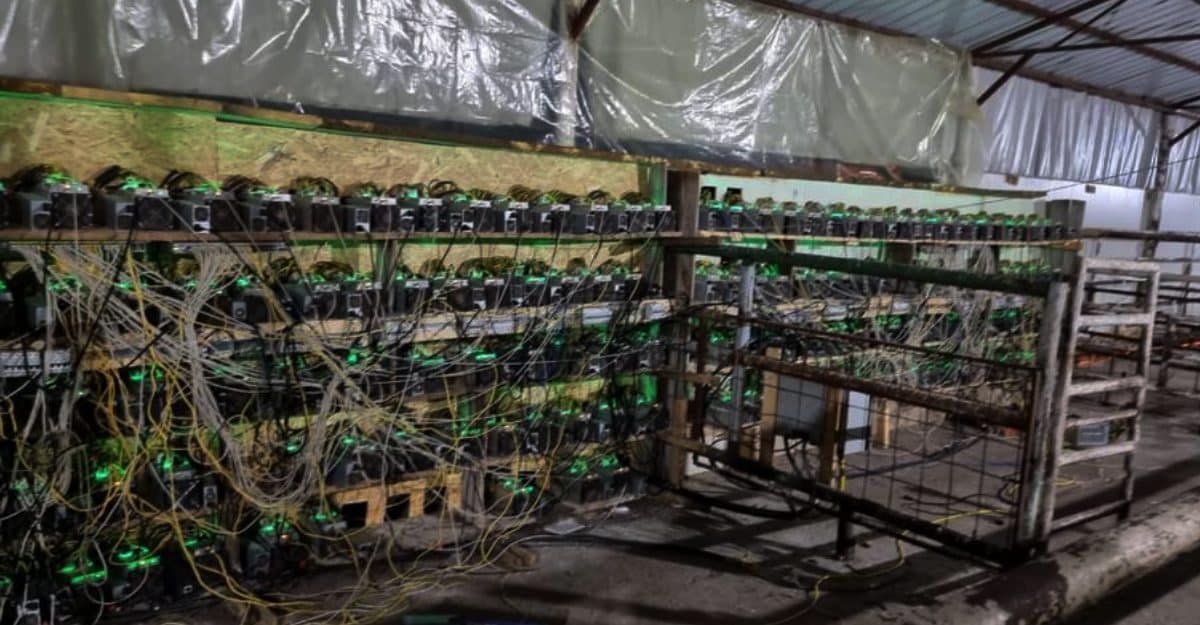Kosovo, a partially recognised state in Southeast Europe has begun taking actions to resolve the issue of electricity shortages prevailing in the nation. The police have confiscated a total of 300 crypto mining machines while raiding the regions of Leposavic and Prishtina after Kosovo imposed a blanket ban on crypto mining on January 5. The advanced computers used for mining cryptocurrencies such as Bitcoin need to be plugged in at all times and consume loads of electricity.
Out of the total machines seized, 272 were found in Leposavic indicating that the power-intensive process of crypto mining is getting popular there.
The police account of Kosovo posted updates of their raid on Twitter account, garnering appreciation and support from Artane Rizvanolli, Kosovo’s minister of economy.
Vehicles carrying around crypto mining machines have also caught the eyes of Kosovo police after six computers were recently confiscated from a driver in the Druar area near Vushtrri.
This crackdown on crypto mining activities in Kosovo comes after an electricity crisis led to a 60-day emergency period in the country in December 2021.
Illegal crypto-mining operations were using the electricity that was meant to be distributed among the residents of Kosovo.
The nation that houses nearly 2 million people currently does not produce enough electricity to meet its consumption demands.
Kosovo’s electricity operating capacity is about 900 MW, almost all of which comes from two antiquated coal-fired power plants, Kosovo A and Kosovo B. The country additionally imports over 40 percent of its energy, a report by Devdiscourse said.
The crypto mining activities that seem to be picking pace in the region have been putting excessive loads on the power grids of Kosovo.
The region is not the first to be plagued by electricity issues resulted due to crypto mining activities.
Between January 1, 2016, and June 30, 2018, the mining operations for four major cryptocurrencies released up to an estimated 13 million metric tons of carbon dioxide, a research report had claimed last year.
With the expansion of the crypto space around the world, more and more miners are getting active.
Earlier this month, Iran imposed a ban on the operations of all authorised Bitcoin mining facilities in order to cut down pressure on the electricity supply.
Crypto miners were blamed for over-using electricity and causing power outages in the Irkutsk region of eastern Russia. The authorities there revealed that electricity consumption in the region grew by 108 percent last year with many residents indulging in mining from homes, balconies, and garages.
As per Cambridge researchers, Bitcoin mining alone consumes around 121.36 terawatt-hours (TWh) of energy a year. For comparison, the entire country of Argentina uses 121TWh annually and UAE usually gets by with an even lesser, 113.20 TWh every year.
Catch the latest from the Consumer Electronics Show on Gadgets 360, at our CES 2022 hub.

